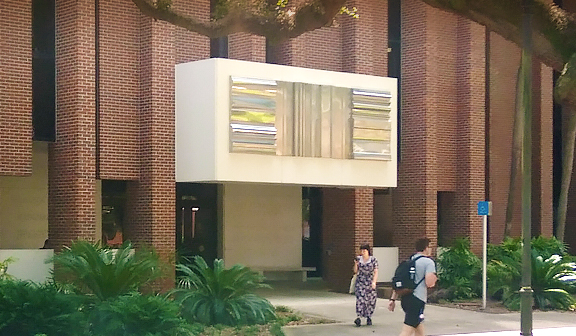- About
- Academics
- Academics
- Associate Dean
- Graduate Council
- Graduate Curriculum Committee
- Academic Affairs Team
- Graduate Academic Career Tracking
- Graduate Admissions and Transfer Credit
- Graduate Curriculum and Programs
- Graduate IT Systems
- Degrees
- Certificates
- Calendar
- Graduate Catalog
- Student Handbooks
- Student Forms
- Petitions
- GIMS
- Thesis, Dissertation, and Publication
- Graduation
- Graduate Student Support
- Graduate Student Support
- Associate Dean
- GradCare
- Graduate Student Success
- Office of Graduate Professional Development
- IDP: Individual Development Plan
- Funding
- CVP: Campus Visitation Program
- BRIDGE
- New Student Orientation
- Housing
- Self-Care & Wellness
- International Students
- Disability Support
- Veteran Support
- Recreation
- Student Involvement
- Student Awards
- Listserv
- Postdoctoral Affairs
- Faculty & Staff
- For Applicants
- CFGS 2026
- Contact Us
 Graduate School
Graduate School
Graduate School
Welcome to UF
- Current Students
- Family & Visitors
- Faculty & Staff
